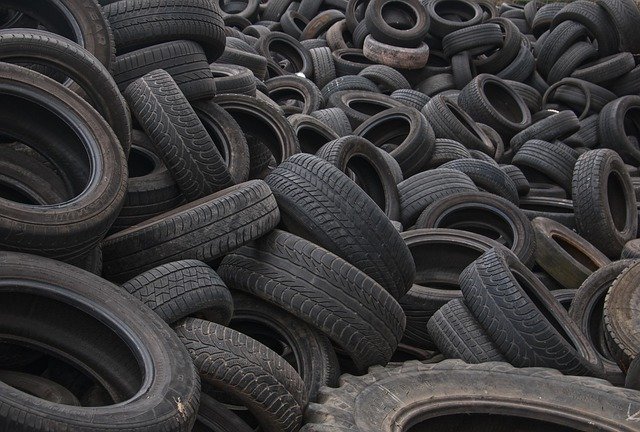Career Opportunities and Growth in Waste Management: A Complete Guide
Waste management has evolved significantly from its traditional image to become a sophisticated industry offering diverse career paths. The sector encompasses collection, transportation, processing, recycling, and disposal of waste materials, creating numerous employment opportunities across various skill levels. With growing environmental concerns and sustainability initiatives worldwide, waste management has emerged as a critical industry with stable job prospects, competitive salaries, and opportunities for advancement. This guide explores the career landscape in waste management, highlighting benefits, high-paying roles, and future prospects in this essential sector.

What Are the Benefits of Working in the Waste Disposal Industry?
The waste disposal industry offers several advantages that make it an attractive career choice. Job security stands as one of the primary benefits, as waste collection and processing remain essential services regardless of economic conditions. Even during recessions, the industry typically maintains stability, protecting workers from market fluctuations that affect other sectors.
Career progression in waste management is another significant advantage. Entry-level positions often require minimal qualifications, allowing individuals to join the workforce and gain experience while developing specialized skills. Many companies provide on-the-job training and certification opportunities, enabling employees to advance to supervisory and management roles over time.
Environmental impact represents a meaningful benefit for those seeking purpose-driven careers. Waste management professionals directly contribute to environmental protection by ensuring proper disposal, recycling, and resource recovery. This sense of making a positive difference serves as a powerful motivator and source of job satisfaction for many in the industry.
What Are the Top High-Paying Job Opportunities in Waste Disposal Companies?
The waste management industry offers several well-compensated positions requiring different levels of education and experience. Environmental Engineers, who design waste management systems and develop pollution control strategies, typically earn between €50,000-€80,000 annually in Ireland, depending on experience and qualifications. These positions generally require a bachelor’s degree in environmental engineering or a related field.
Operations Managers oversee daily waste facility activities, manage staff, and ensure compliance with environmental regulations. With their significant responsibilities, these professionals can earn €60,000-€90,000 per year in Ireland. Most operations management roles require several years of industry experience and often a degree in business management or environmental science.
Hazardous Waste Specialists handle potentially dangerous materials and ensure proper treatment and disposal according to strict regulatory standards. Due to the specialized knowledge and inherent risks, these professionals command salaries ranging from €45,000-€75,000 in Ireland. Certification in hazardous materials management and relevant experience are typically required.
Landfill Managers take responsibility for site operations, environmental monitoring, and regulatory compliance. These positions generally offer annual salaries between €55,000-€85,000 in Ireland. Most landfill management roles require a combination of technical knowledge, management experience, and understanding of environmental regulations.
Prices, rates, or cost estimates mentioned in this article are based on the latest available information but may change over time. Independent research is advised before making financial decisions.
What Are the Future Prospects for Careers in Waste Management?
The waste management industry is undergoing significant transformation driven by technological innovation and sustainability imperatives. Automation and robotics are increasingly being integrated into waste sorting and processing facilities, creating demand for workers with technical skills to operate and maintain these advanced systems. This shift doesn’t necessarily mean fewer jobs but rather changing skill requirements and new specialized positions.
Circular economy initiatives are reshaping waste management approaches, focusing on resource recovery, reuse, and recycling rather than disposal. This evolution is creating new career paths in areas such as materials recovery, waste-to-energy operations, and sustainable waste planning. Professionals with expertise in circular economy principles will likely find expanding opportunities as municipalities and businesses adopt these approaches.
Policy changes and regulatory developments continue to influence the industry landscape. Stricter environmental regulations, extended producer responsibility requirements, and landfill reduction targets are driving innovation and creating specialized roles in compliance management, environmental monitoring, and sustainability consulting. As regulations continue to evolve, demand for expertise in these areas will likely grow.
The waste management sector also presents entrepreneurial opportunities in specialized niches like electronic waste processing, organic waste composting, and innovative recycling technologies. With proper research and planning, entrepreneurs can develop viable businesses addressing specific waste challenges while contributing to sustainability goals.
Overall, the waste management industry offers promising career prospects with growing opportunities for those willing to develop specialized skills, adapt to technological changes, and contribute to environmental sustainability efforts. As waste challenges become more complex globally, professionals in this field will continue to play an essential role in developing and implementing effective solutions.




